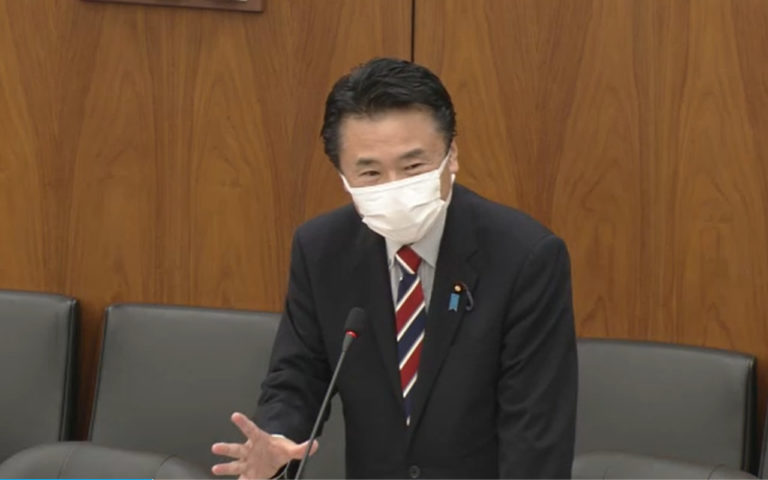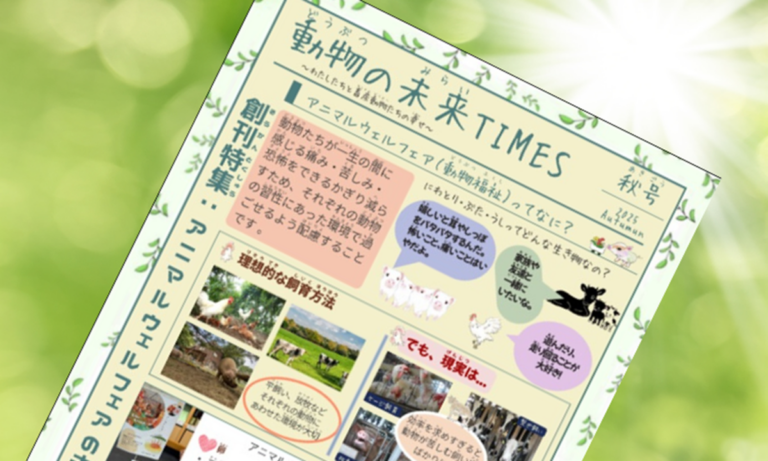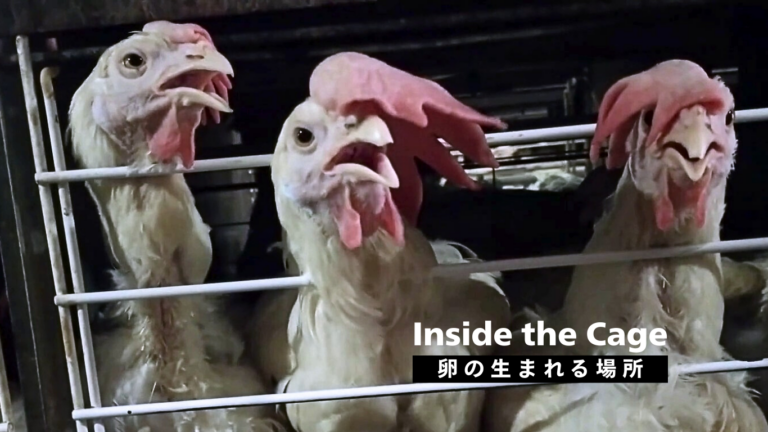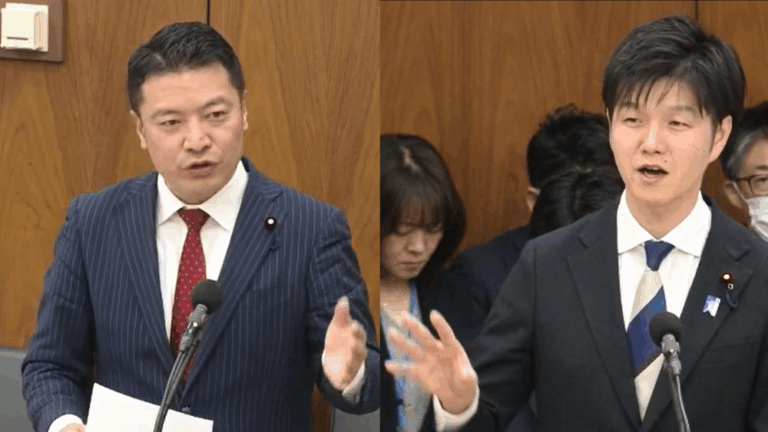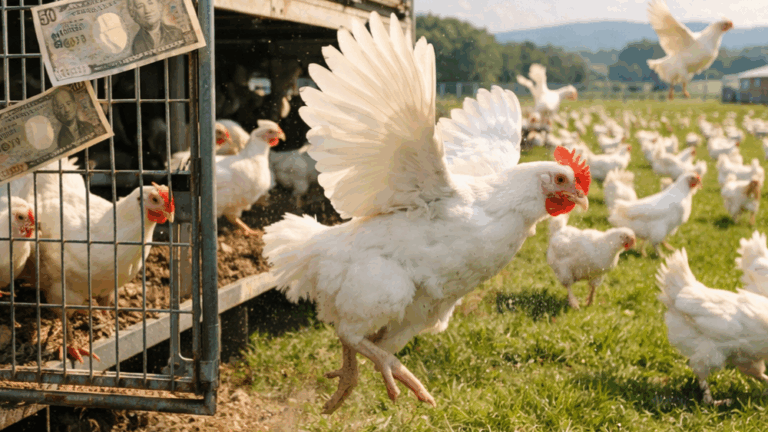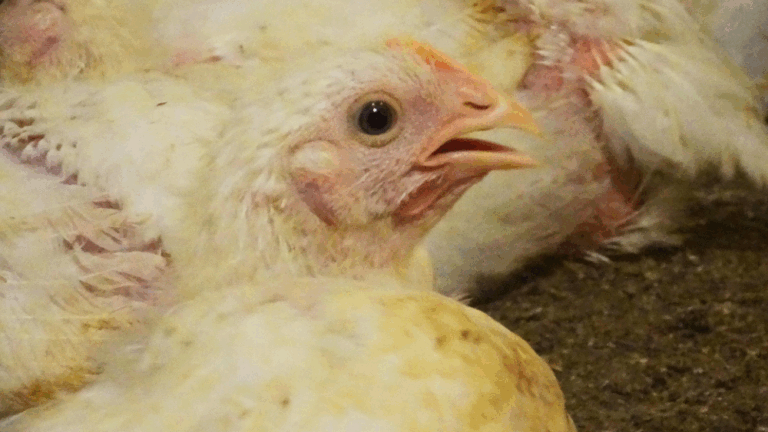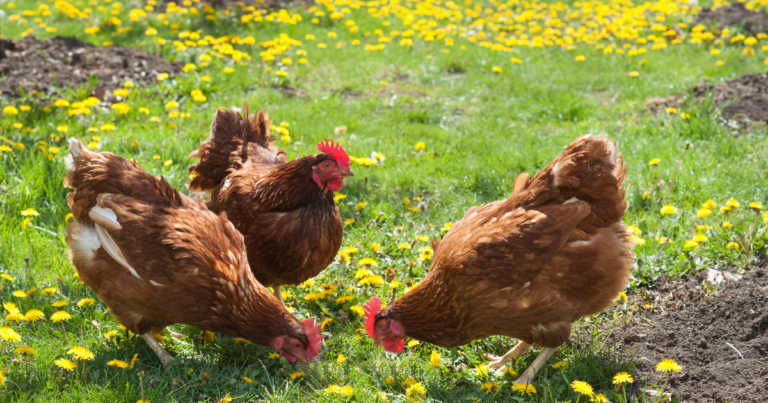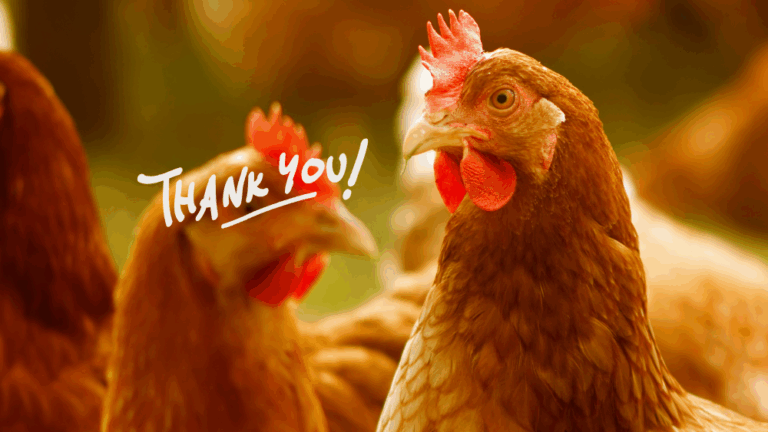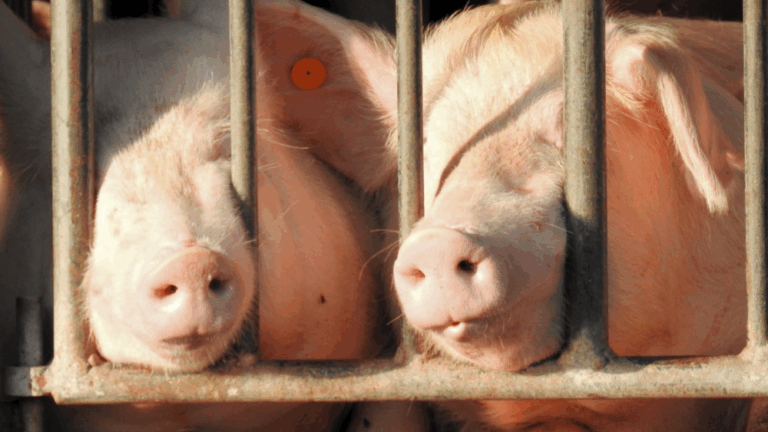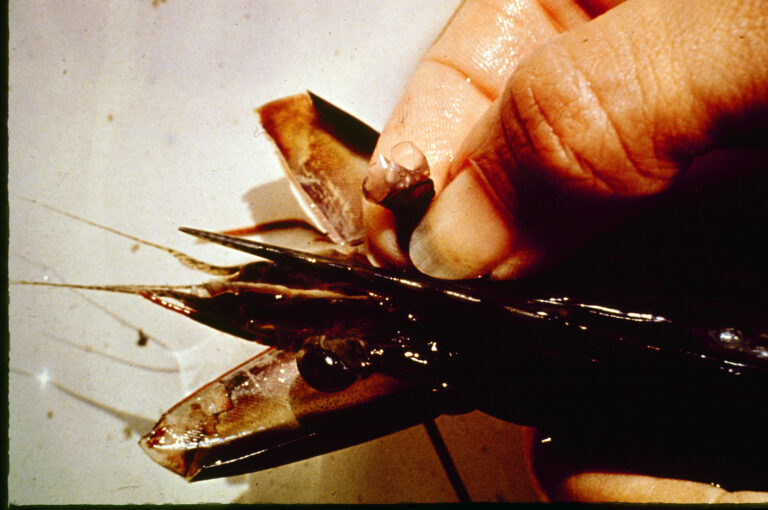A member of the House of Representative, Mr. Seiichi Kushida from Kanagawa, asked questions about battery cages for chicken hens, gestation crates for sows, dog meat, and treatment for retired horses at a committee on Agriculture, Forestry and Fisheries held on November 11, 2020.
Mr. Kushida started by referring to the demands from the olympians that eggs and pork for the Olympics and Paralympics should come from cage free and gestation crate free ranches. With that, he requested minister Nogami from the Ministry of Agriculture, Fisheries and Forestry (MAFF) to take a leadership role to tackle animal welfare issues in Japan.
In his response, the minister stated as follows:
Animal welfare is about reducing stress and diseases for livestock animals by providing a comfortable environment for these animals. It’s an important issue to promote.
However, we are not where the world standards demand in terms of cage free and gestation crate free. While other countries rapidly promote discontinuation of battery cages and gestation crates, 90% of farmers still use gestation crates to keep sows.
Mr. Kushida stated:
If this situation continues, I believe our agribusiness in Japan will be hugely damaged
Then he asked the MAFF about their thoughts on five freedoms in animal welfare.
Unfortunately, we are having a hard time understanding the State Minister of the MAFF, Mr. Hanashi’s answer to this question.
The fifth freedom, the freedom to express normal behavior, has been encouraged since animals tend to perform according to their dominance hierarchy. We give much thought to the structure of animal social groups.
Animals may perform according to the dominance hierarchy even in battery cages.
There is not much thought about animal structure in an environment for birds where they can merely peck their own legs because cages are so small.The MAFF makes such far-fetched arguments to force something unreal as real things.
The MAFF also explained sows’ gestation crates as this:
We believe gestation crates may qualify as one of the freedoms mentioned. That is, the freedom from pain, injury, or disease.
They clearly misunderstand the 5 freedoms for animals.
According to the Terrestrial Animal Health Code by the World Organisation for Animal Health (OIE),
“an animal experiences good welfare if the animal is healthy, comfortable, well nourished, safe, is not suffering from unpleasant states such as pain, fear and distress, and is able to express behaviours that are important for its physical and mental state.”
This outline of animal welfare requires all these five freedoms to be achieved. In other words, animal welfare is not fulfilled when only one thing, that is a disease in this case, is just prevented.
Also, what the MAFF explained here was referring to farrowing crates, not gestation crates.
They said that pigs were not contained for life, but rather they were kept only temporarily from insemination to the time their piglets leave.
It’s virtually “for life” because the mothers get inseminated as soon as piglets leave.
Many farmers don’t let pigs live in groups at all. They are contained 24/7 when they become adults until they get slaughtered.
We, as citizens, are concerned about the MAFF making such false statements as though they were true.
Maybe they are not aware of the reality. If so, that’s also concerning.
Mr. Kushida also attached the picture below as a reference.
If people saw the situations animals are put in, they would realize it’s not good or it’s not the right thing to do.
So we appreciate these House of Representative members who exposed animals suffering such as this.
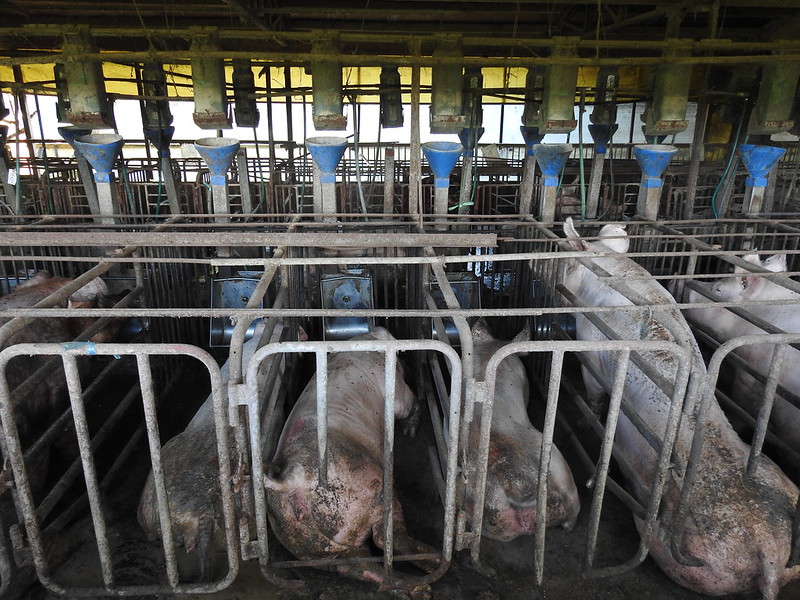
The last moments of racing horses
Mr. Kushida also asked for more support for racing horses after they retire.
In response to this request, the MAFF stated as follows:
¾ of retired horses are utilized for other purposes such as riding horses, breeding if they were competitive racers, and therapy horses, as part of their second career.
What they didn’t mention was these horses may become riding horses, but they are also raised to get slaughtered.
It seemed they intentionally hid this truth. These horses, including racing horses who didn’t qualify, get fattened to get slaughtered.
Many countries find it appalling but many Japanese don’t oppose eating horses.
The demand of horse meat is not high but it exists.
About Horse Meat:
Translated by Seika K


